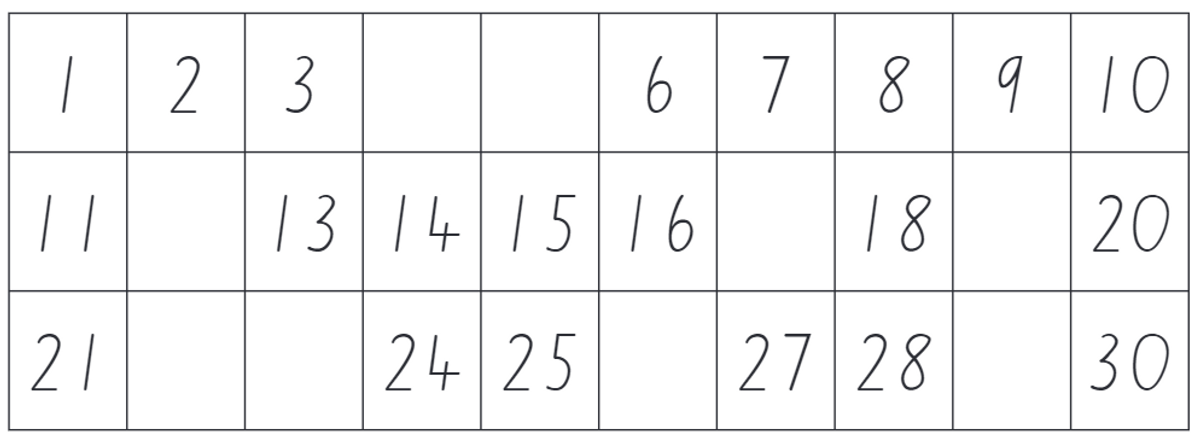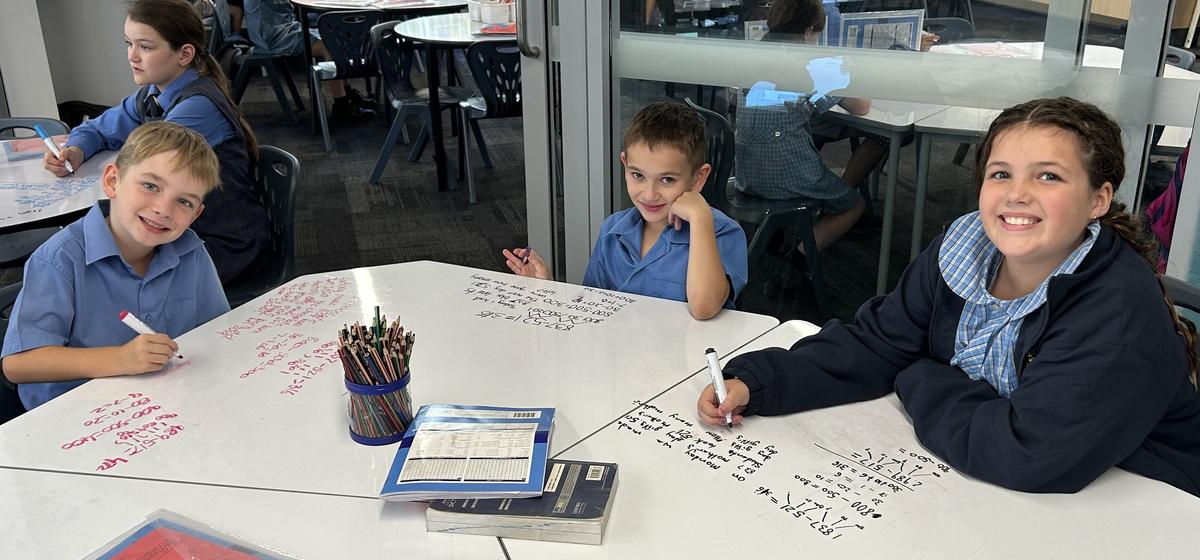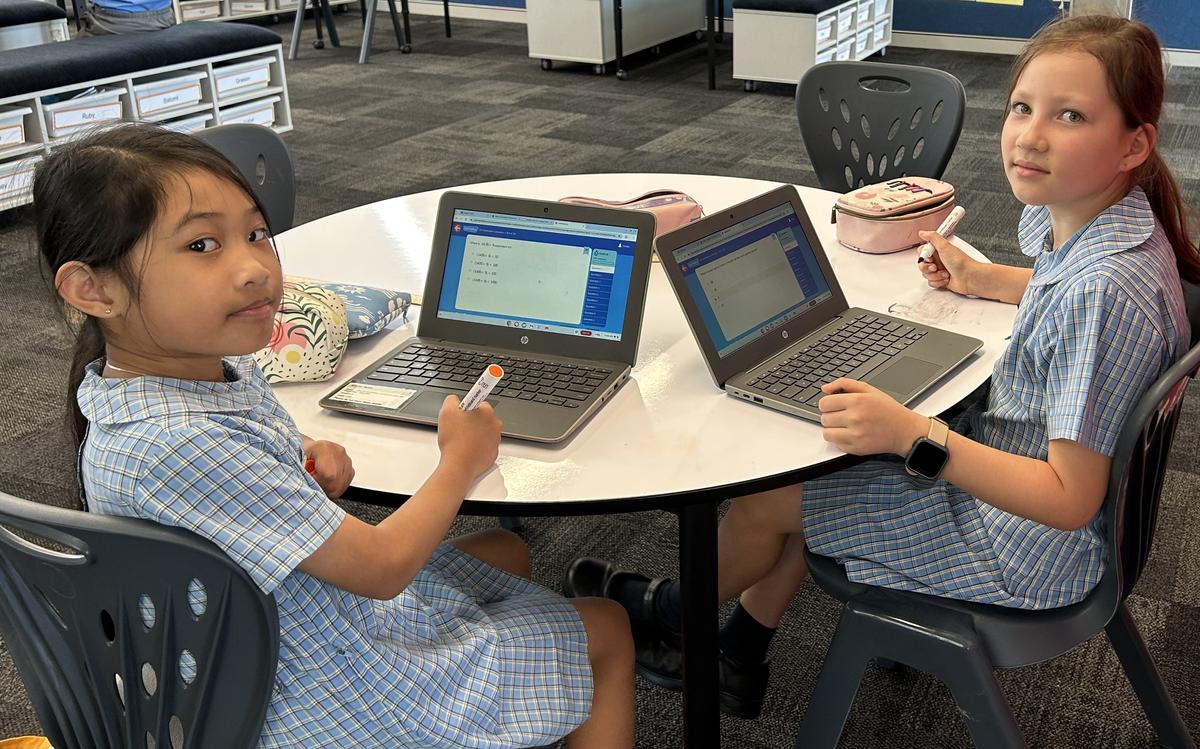The Learning Zone
"Learning is a treasure that will follow its owner everywhere." - Chinese Proverb

The Learning Zone
"Learning is a treasure that will follow its owner everywhere." - Chinese Proverb
"Coming together is the beginning, staying together is progress,
and working together is success." - Henry Ford
This week we will be conducting our Progressive Achievement Tests (PAT). This will involve students in Years 2 - 6 completing two assessments, specifically addressing reading comprehension and mathematical processes. Both tests are completed online and will give the teachers a progress snapshot of these learning areas.
The PAT assessments, produced by the Australian Council for Educational Research, are adaptive, which means personalised test pathways are created as determined by student responses, giving a more precise picture of individual achievement. The assessments are also diagnostic – meaning their primary purpose is to inform learning and teaching.
Over the coming weeks, teachers will work in their stage team to analyse the results and identify the skills, knowledge and understanding that each student currently has and what their next steps are. Teaching programs and learning sequences will then be designed to address the needs of each student and offer levels of support accordingly.


Once again this year our whole school from K-6 are part of an Armidale Diocesan Mathematics Initiative known as the MaST Project. Please see the information below to assist your child at home.
Kindergarten - Whole Number
Kindergarten continue working on whole number for the next three weeks. Counting is an important foundation for future number work. Students can count a group of objects or their toys. What numbers can you recognise, read and say?
Try the link below to assist with your child's counting.
1 to 30 and 30 to 1 | Jack Hartmann Count to 30 | Counting Song
Challenge 1: Count forwards from 1 to 30. Fill in the missing numbers as you count.


Which number comes before 6?
Which number comes after 11?
Point to the number 22 and count forwards to 30.
Point to the number 17 and count forwards to 30.
Which number is one less than 29?
Which number is one more than 23?
Challenge 2: Count forwards from 1 to 50. Go as far as you can go!
Stage 1 - Addition
After completing a unit of work on Position, Stage 1 are now working on Addition.
Promote and encourage mental strategies for adding numbers. Adding number facts to 20 is a great way to start. For example: 16 + 4
Other ways to assist your child at home are:
Using number bonds, or ‘friends of 10’, to assist with simple addition and subtraction problems. For example, 4 + 6 = 10, 6 + 4 = 10, 10 - 4 = 6, 10 - 6 = 4
How To Teach Number Bonds? | Maths – No Problem!
Using number bonds to solve addition problems by making groups of 10. For example, the problem of 26 + 8 can be solved by taking 4 from the 8 and adding it to the 26. The new problem of 30 + 4 is much easier to solve
Building number bond knowledge to understand ‘friends of 20’. These number pairs are 11 and 9, 12 and 8, 13 and 7, 14 and 6, 15 and 5.
Stage 2 - Addition
Challenge 1: If 50 = 37 + 13,
Challenge 2: Connor and Averie are playing a game. Connor scored 41 points in the first round and 13 points in the second round. Averie scored 43 points in the first round and 53 points in the second round.
How many points did Connor score altogether?
How many points did Averie score altogether?
How many points did Connor and Averie score altogether?


Stage 3 - Decimals & Percentages
Integrate decimals and percentages into real-life situations to make learning more meaningful. For instance, involve your child in activities such as shopping or cooking where they need to compare prices or measure ingredients using decimal quantities.


Discuss the importance of interpreting zero
digits at the end of a decimal in contexts like measurements or financial calculations.
Show them how decimals are used in
everyday situations to approximate
values or solve problems.
Have a wonderful week of learning!